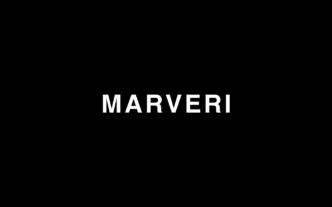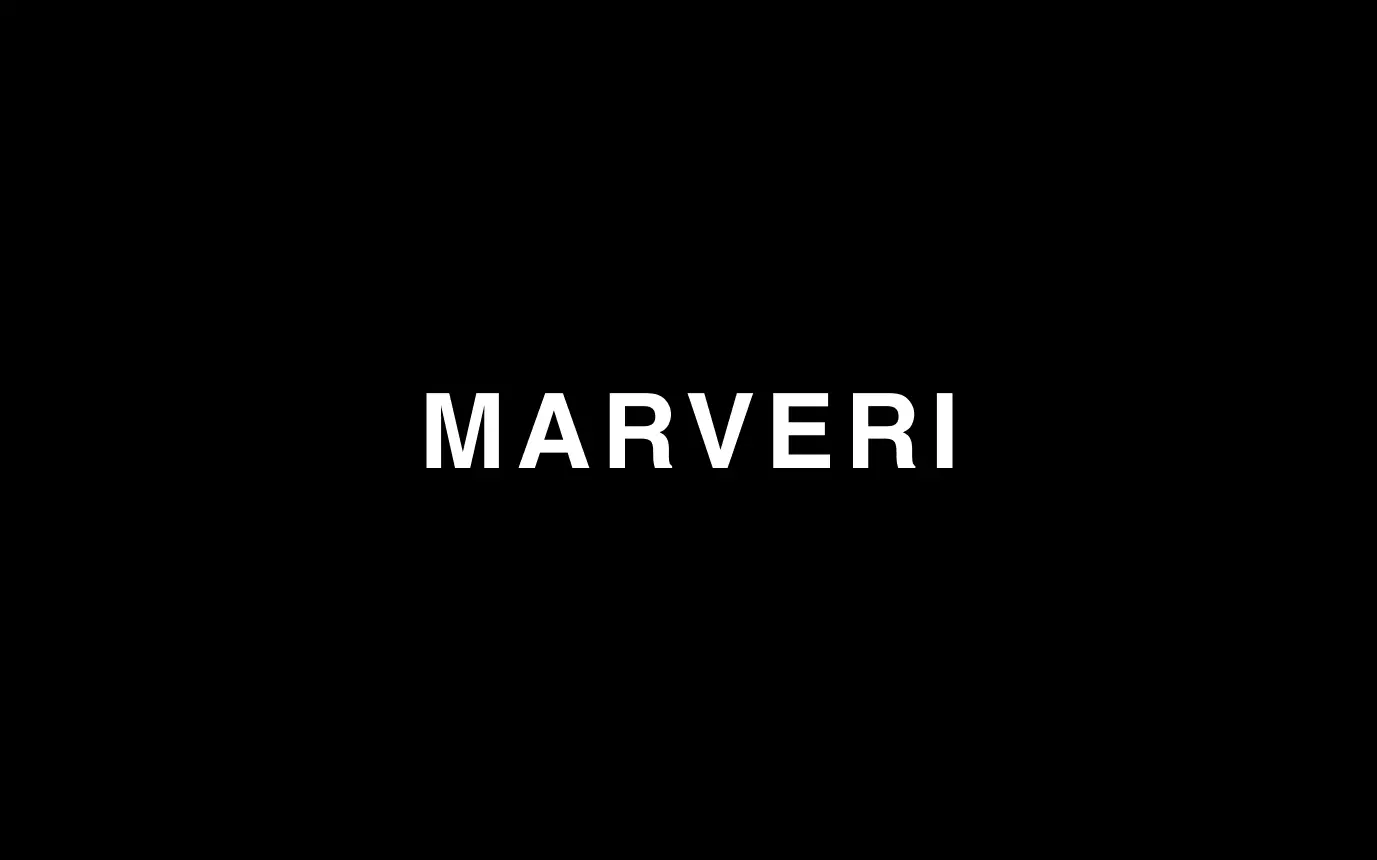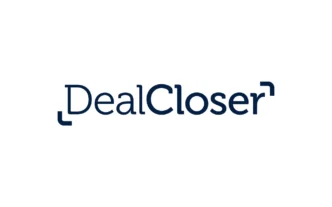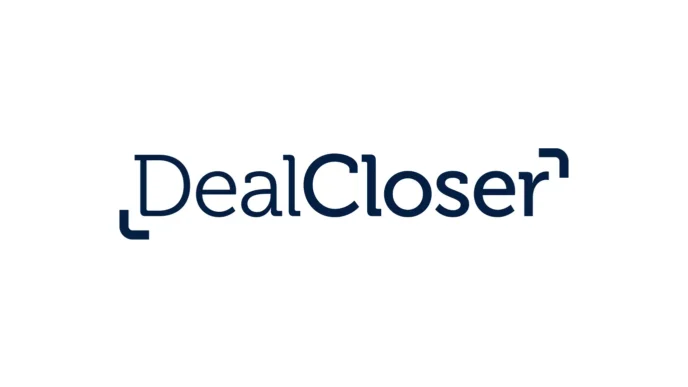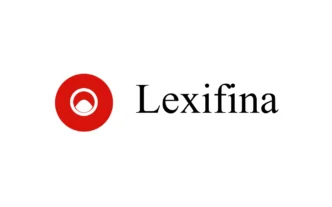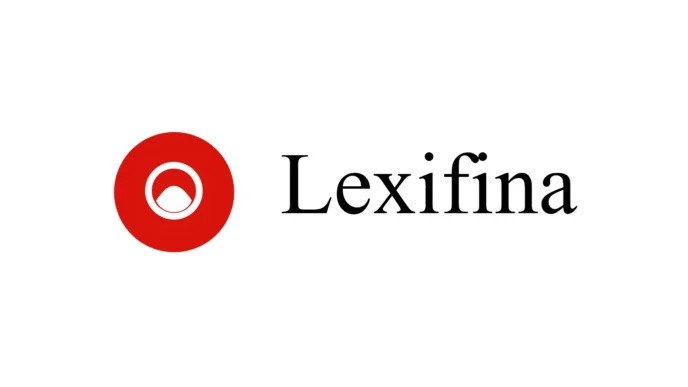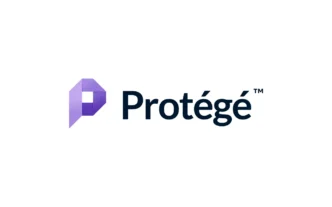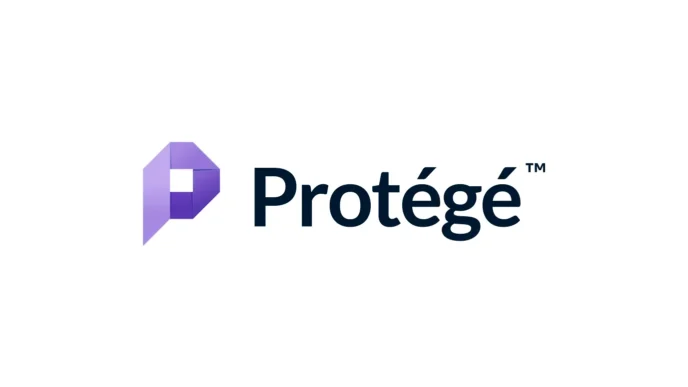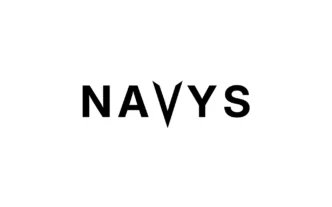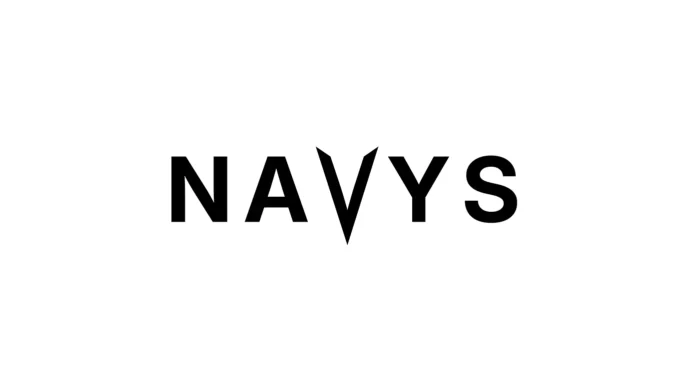At The Legal Wire, we’ve seen a wave of legal AI tools aiming to simplify everything from drafting to research, with many of them powered by increasingly conversational interfaces. But the demands of M&A and investment work are uniquely high-pressure and document-heavy, calling for tools that bring order, accuracy, and speed to the due diligence process.
Marveri was built with that challenge in mind: a platform focused on giving transactional lawyers immediate clarity over complex data rooms, without the need for prompting or back-and-forth dialogue.
Founded out of graduate programs at Harvard and MIT, and backed by Bessemer Venture Partners and high-profile M&A lawyers, Marveri’s team blends AI research, engineering, and Big Law experience. And their product reflects that: an end-to-end system for organizing and analyzing any deal room.
This week, The Legal Wire had the opportunity to learn more about Marveri, in conversation with Connor Acle, Co-Founder and CEO of Marveri, a former Big Law corporate lawyer.
One of the most striking abilities of Marveri is that it can analyze a data room without needing back and forth prompts, which is unusual in today’s AI landscape. We asked Connor what led him to take that path and how Marveri’s users respond to an interface that’s more structured than conversational.
Connor: “Lawyers have loved using a platform that just accomplishes the tasks they want, without them needing to figure out how to finesses the right AI model to get an answer. Users can still analyze their documents for any bespoke issue with natural language, but we don’t require them to become prompt engineers. Marveri can automatically detect issues without the lawyers needing to search for every flag.”
Designed for Lawyers Who Can’t Afford Guesswork
If you’ve ever opened a messy virtual data room 48 hours before a closing, you understand the appeal. Marveri’s tools are built for those moments: when time is tight, expectations are high, and missing one signature page or investor side letter could shift the trajectory of a deal.
Marveri’s value proposition is simple: help M&A and investment lawyers understand an entire data room fast, and with clarity. Marveri’s tools allow users to quickly compare dozens of documents across forms, flag inconsistencies, and track down what’s missing. The platform even beautifully organizes entire data rooms, identifies unexecuted agreements and auto-generates diligence reports tailored to key clauses and risks. Already feeling the pressure being relieved?
In short, that sense of clarity and control is exactly what Marveri can deliver: it helps lawyers get up to speed on Day 1, without spending Day 1 just figuring out where everything is.
TLW: Your tools focus not just on analysis but also on organization (i.e., renaming, foldering, linking documents). Why is that foundational step so important for deal lawyers?
Connor: “Getting all your documents neatly named and organized can be half the battle in diligence. Deals move quickly, and documents have often been transferred among various firms and file systems. As a result, lawyers often receive client files or data rooms that take days just to understand.”
Tailored, Not Generic: Why Domain-Specific Still Matters
As general-purpose AI platforms continue to multiply across the legal tech space, Marveri’s approach is unapologetically niche: AI designed exclusively for transactional legal work, particularly on the buy and sell side of corporate deals.
That specificity shows in the product’s feature set. Marveri isn’t trying to be all things to all lawyers. It’s trying to be indispensable to a specific type of lawyer. Its group comparison and redline engine doesn’t just detect changes between two documents, it works across entire data rooms, highlighting discrepancies in forms and helping attorneys determine which documents are off-template in seconds.
TLW: You’ve made the deliberate decision to stay focused on M&A and deal-related workflows, rather than branching into litigation, compliance, or other areas. What are the advantages and trade-offs of staying domain-specific in legal AI?
Connor: “Some tools provide a little bit of value to a lot of lawyers; we want to provide a lot of value to specific lawyers. And in diligence, going deeper is critical – cursory reviews can be helpful, but they won’t detect the deal-breakers that lawyers need on Day 1 of a transaction. Focus enables Marveri to deliver these results.”
Building for the Deal Lawyers, Backed by the Deal Lawyers
Unlike many legal tech startups that market to lawyers, Marveri was built by and with them. Its advisory base includes lawyers who’ve run billion-dollar practice areas of their firms, and its Director of Product is a former Big Law Corporate Equity Partner.
It’s a platform made by those who have lived the Friday night closing call, and one that doesn’t promise to make M&A easy, but makes it more manageable, faster, smarter, and more defensible.
TLW: Many legal tech platforms are “lawyer-adjacent” but not necessarily lawyer-built. How has your team’s transactional legal experience shaped the product’s development, and how do you stay close to the pain points of your user base today?
Connor: “Our team is full of subject matter experts – from lawyers who run billion-dollar M&A practice areas to those who were recently in the trenches of sorting through the messiest of data rooms. It also helps that Marveri’s customer base is full of elite attorneys and firms from around the world that are embracing the future of AI and are eager to provide feedback that guides our development.”
Beyond Speed: AI That Supports Accountability
Marveri is also part of a growing trend among newer legal AI companies: a shift away from black-box results toward outputs that are traceable, auditable, and explainable. Lawyers using Marveri aren’t meant to take the system’s word for it, they’re given linked documents, annotated results, and structured reports that can be quickly verified, cross-checked, and confidently discussed with partners or clients.
The goal isn’t just speed, it’s also accountability.
TLW: The legal industry is rightly cautious about over-reliance on AI. How does Marveri address that concern and what steps do you take to ensure lawyers trust, but also verify, what the system produces?
Connor: “All of Marveri’s results are fully cited to the underlying source documents, so the process of verifying the results is embedded into how lawyers use the platform. It’s also important to note how the legal industry often relies on junior associates or lawyers with a million tasks on tight timelines to not make mistakes. Marveri acts as an additional backstop, reviewing all work in minutes. Our customers consistently tell us that our system detected critical issues that they had missed.”
Where Diligence Begins, and Where It’s Going
Marveri may not be the flashiest AI tool on the market. But that’s precisely the point. In a world of copilot arms races and generative hallucinations, it offers something rarer: structure, reliability, and immediate utility for a lawyer facing the high-stakes reality of a live deal.
As the legal industry moves from experimentation to real adoption, platforms like Marveri raise an important question: What if the most valuable AI tools aren’t the ones that think for us, but the ones that help us think faster, clearer, and with more confidence?
TLW: Where does Marveri go from here? Are there plans to expand into other corporate workflows, or do you believe M&A diligence alone is large and urgent enough to stay laser-focused?
Connor: We’re laser focused on the M&A and investment diligence process. There are so many areas to innovate in this space, and we’re excited to continue to go deeper into the intricacies of dealmaking..



